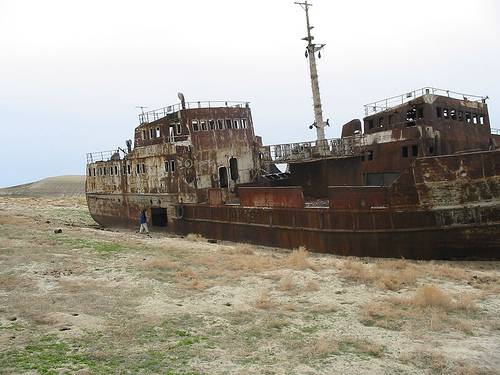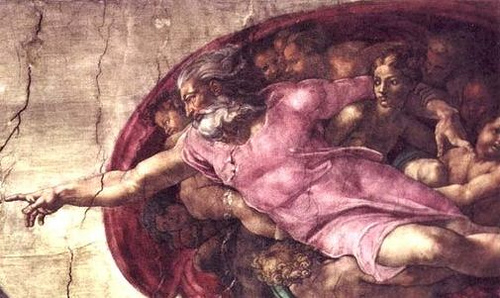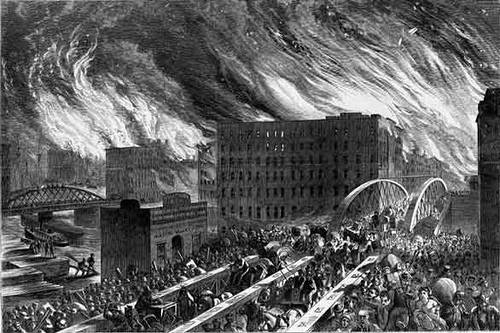On Feb. 19, 1994, Gloria Ramirez was admitted to California’s Riverside General Hospital complaining of chest and stomach pains. She was in cardiac arrest about 15 minutes after arriving at the emergency room.
A doctor and two nurses drew blood for testing, which the nurses later said contained small white crystals and smelled of ammonia. Almost immediately after smelling the fumes, all three passed out. The emergency room was evacuated, patients were moved to the parking lot, and a hazardous materials crew had to seal Ramirez’s body in an airtight coffin.
What happened? No one knows. The fumes hospitalized six workers, but an autopsy on Ramirez’s body suggested only kidney failure related to cervical cancer. After conducting 34 interviews, the California Department of Health Services chalked up the outbreak to “mass sociogenic illness.” But more investigations may be forthcoming — the lawsuits are just starting up.




